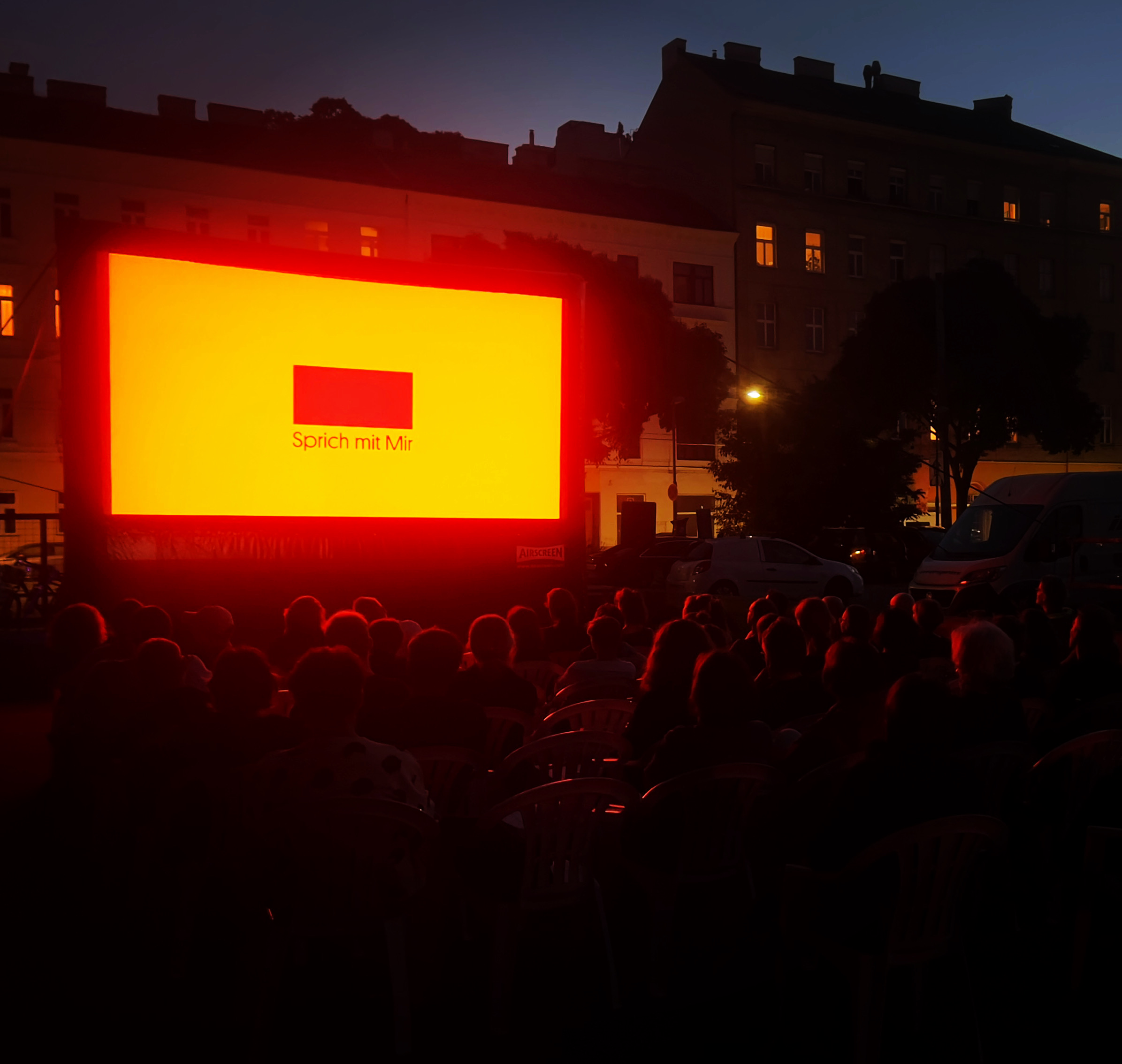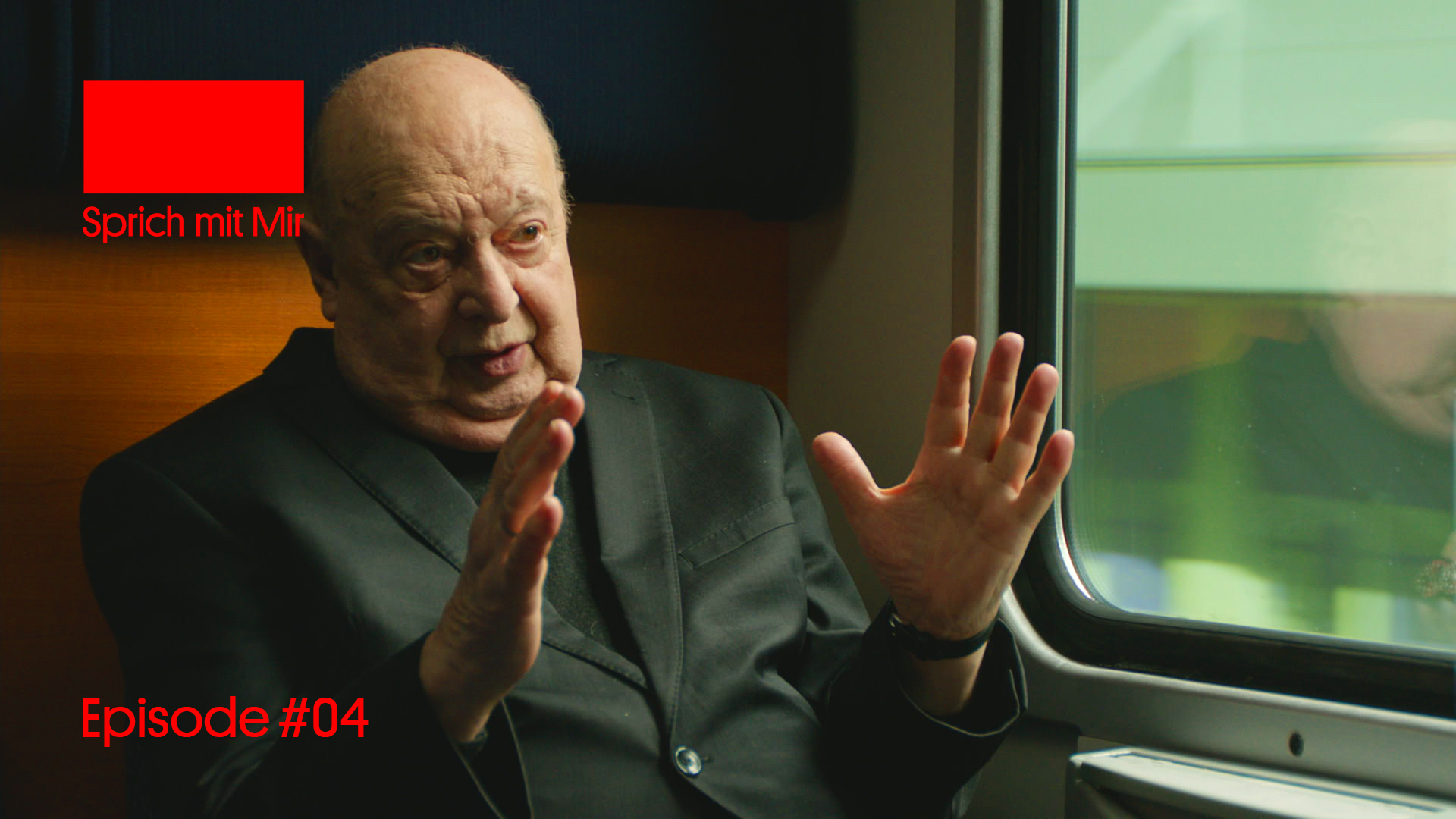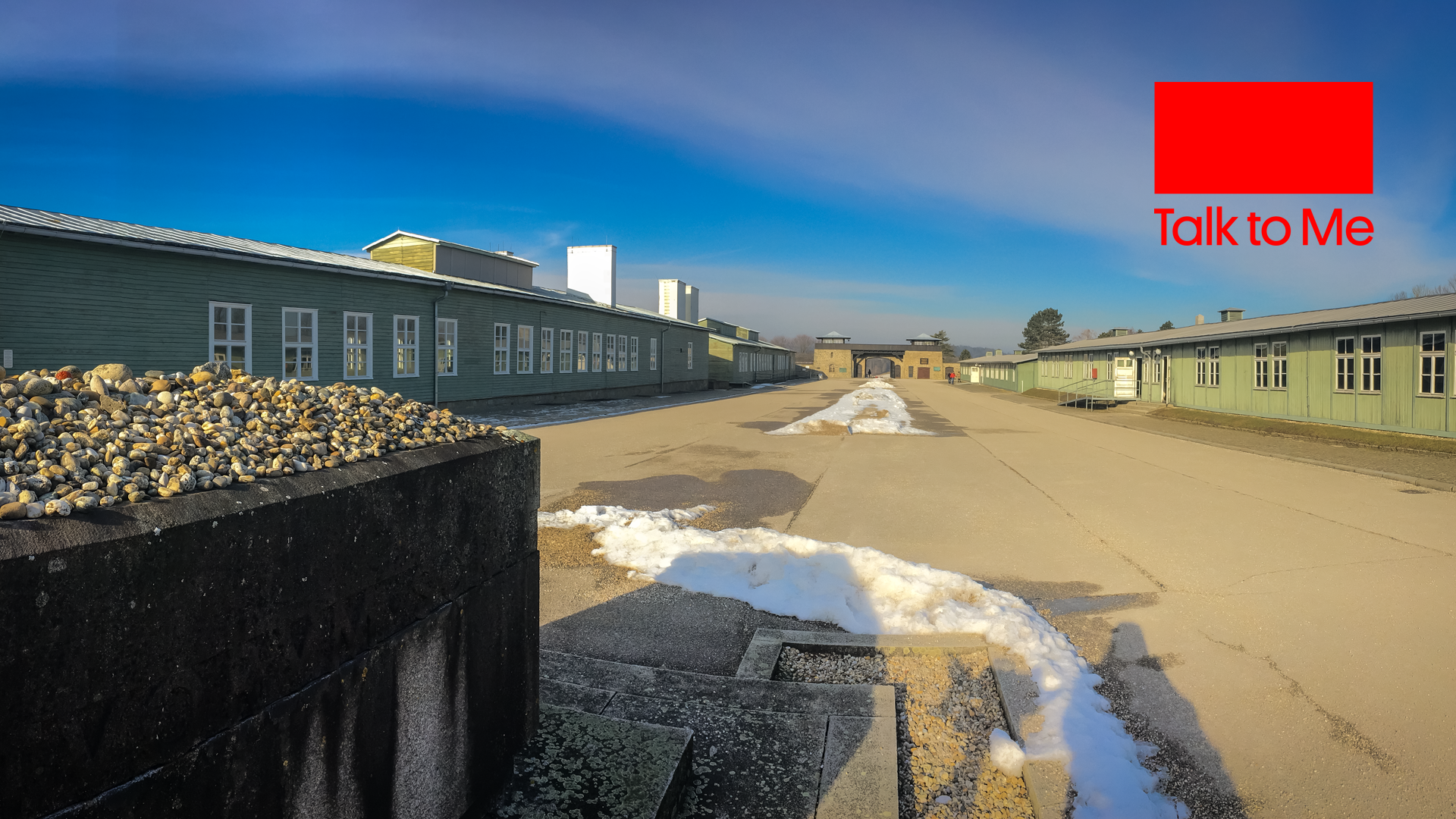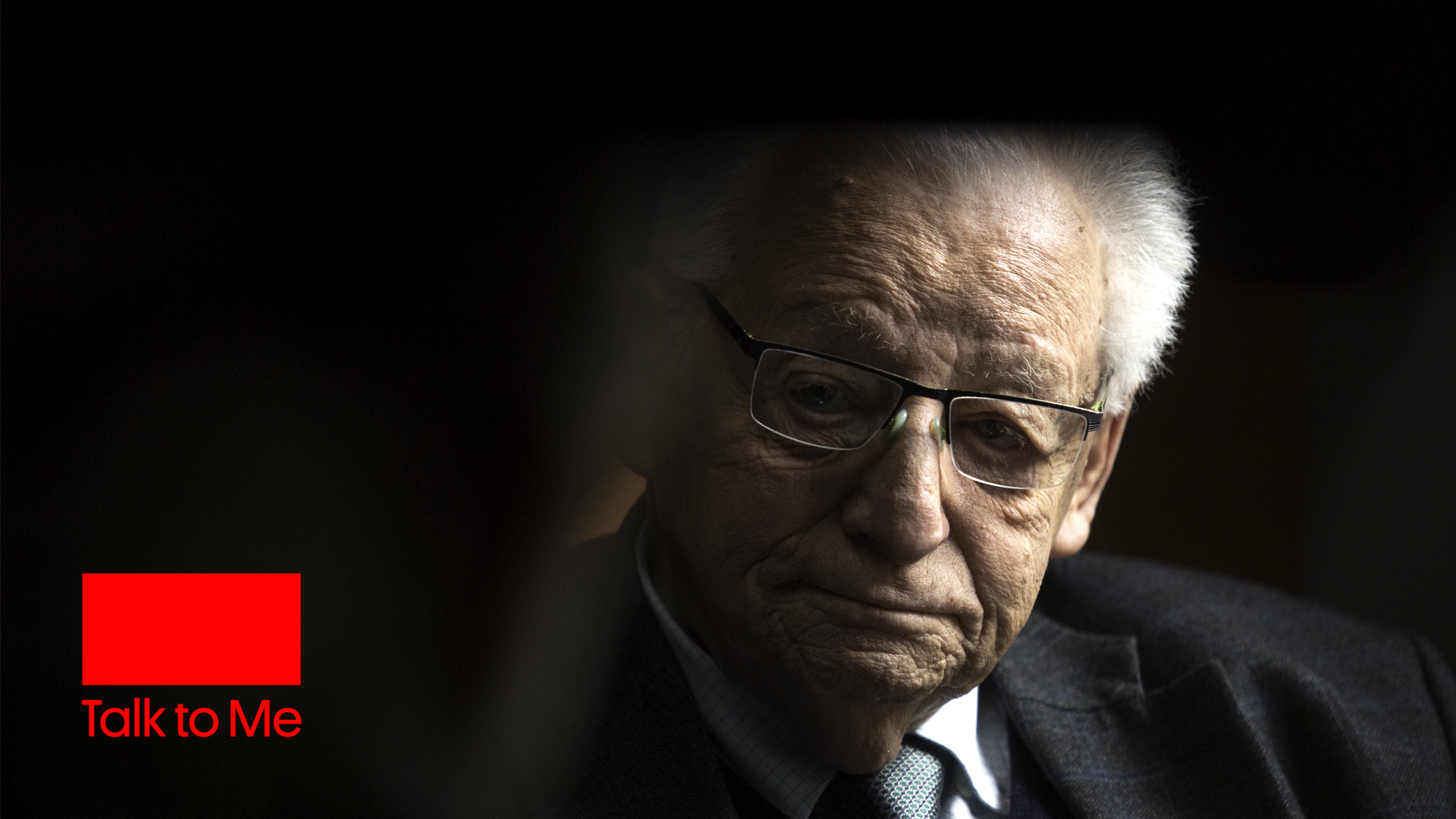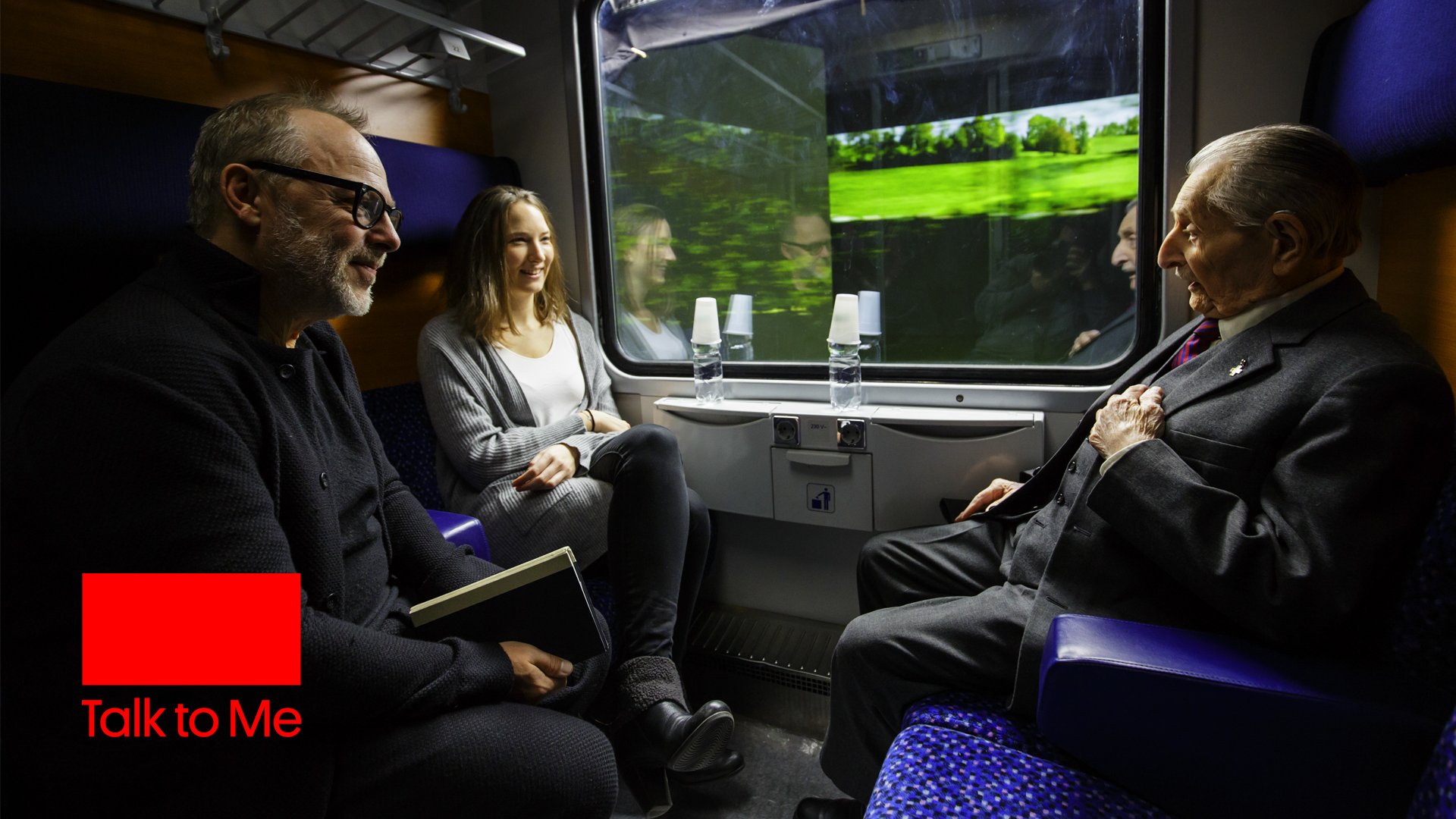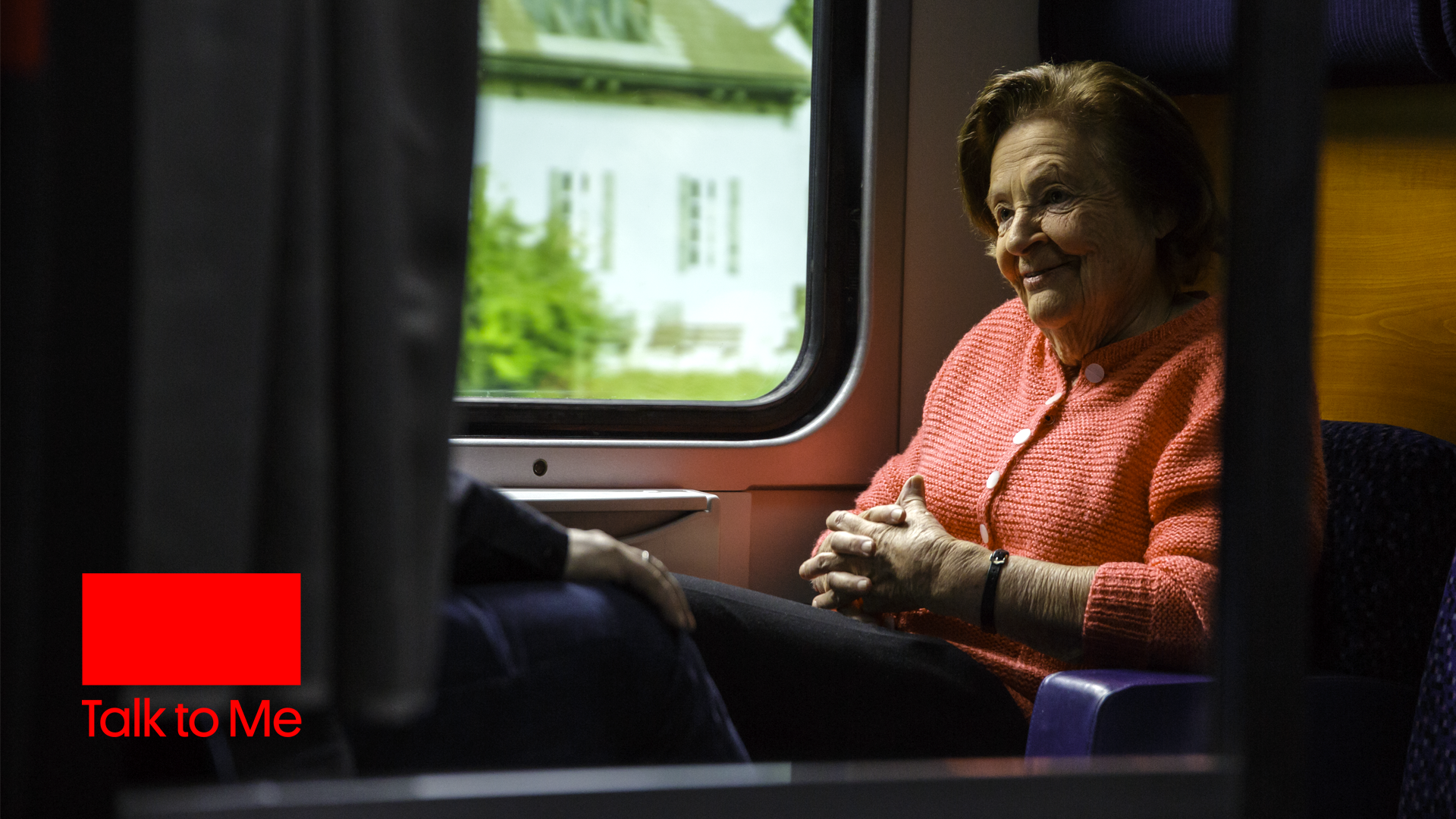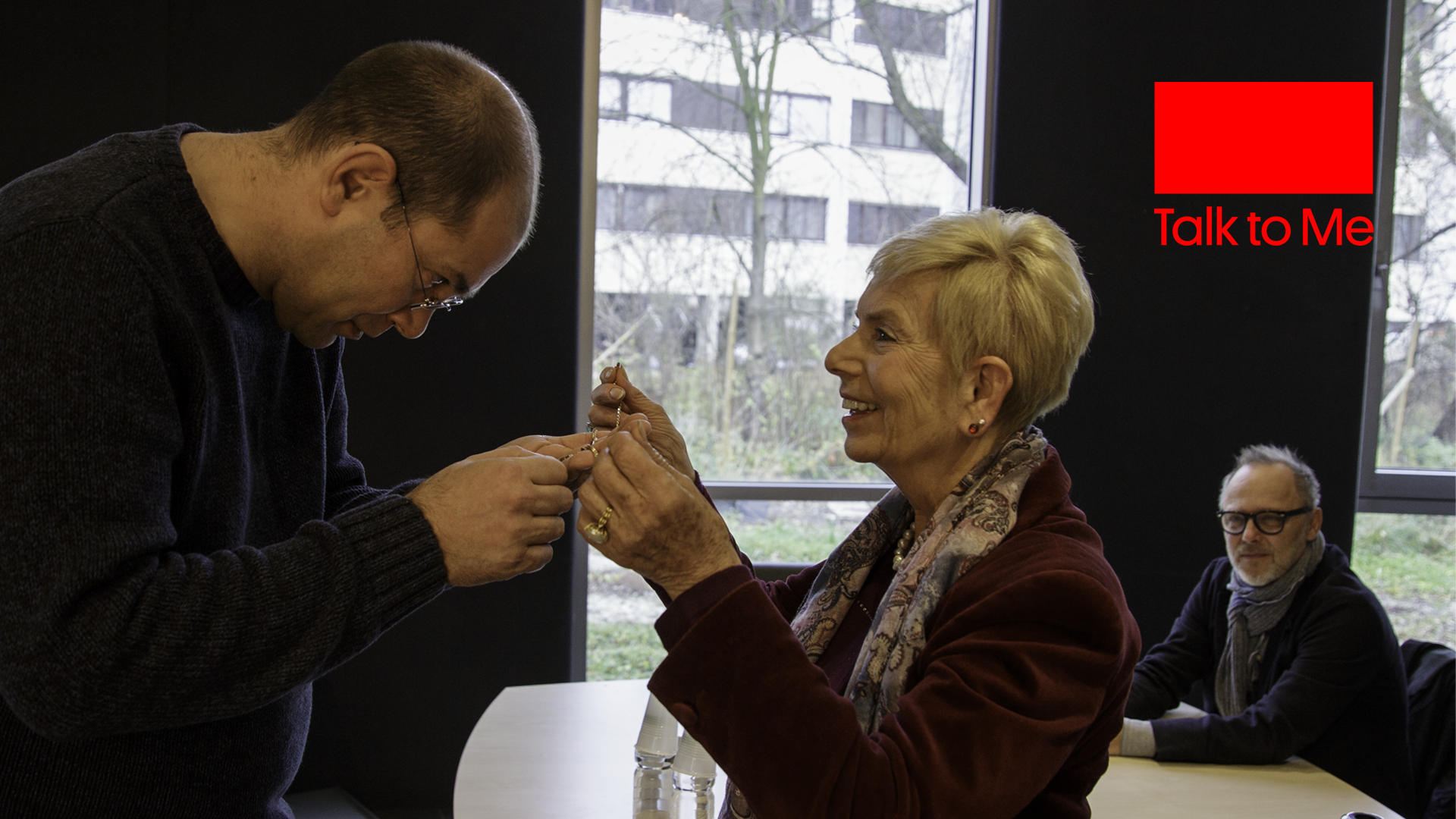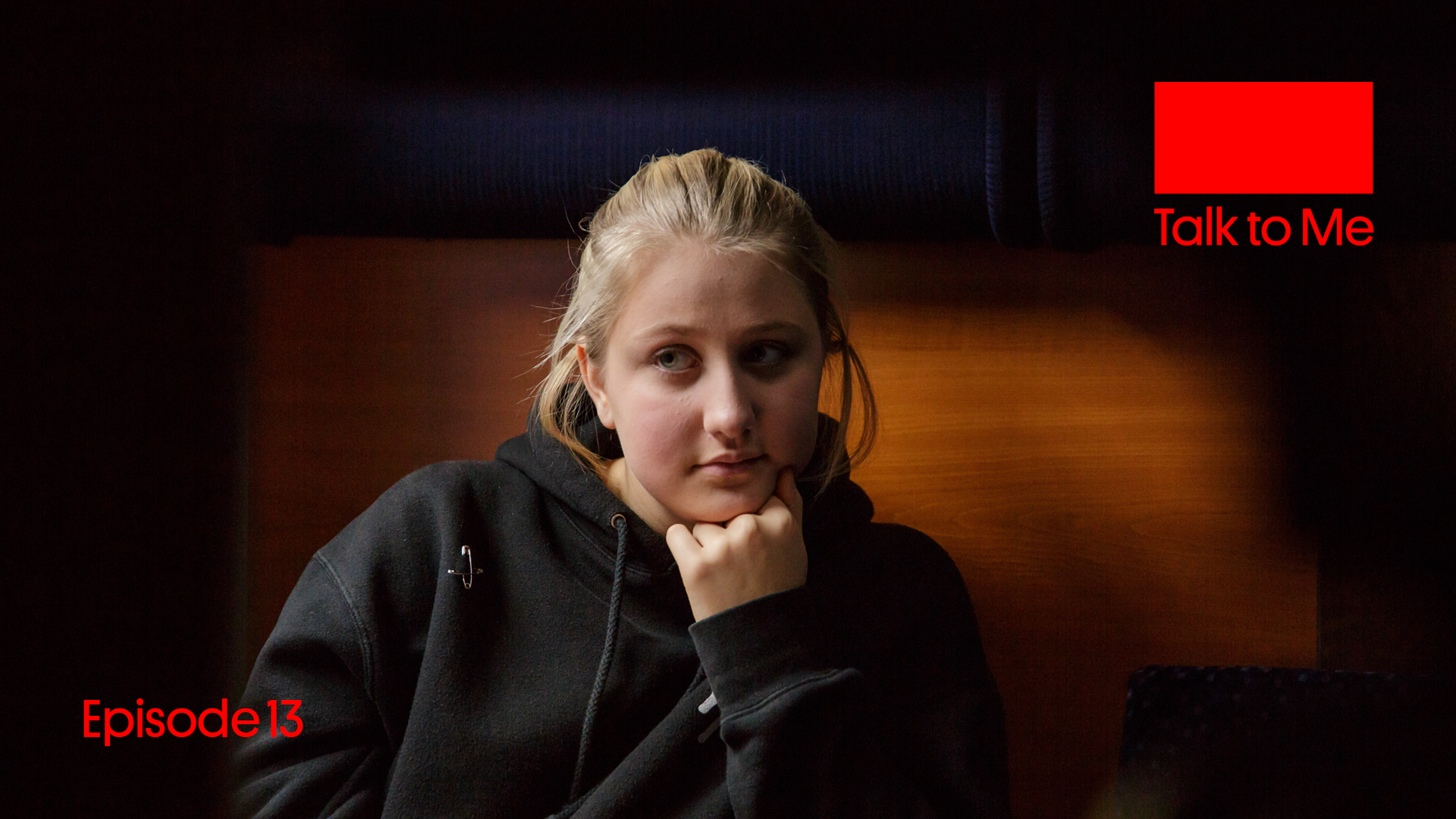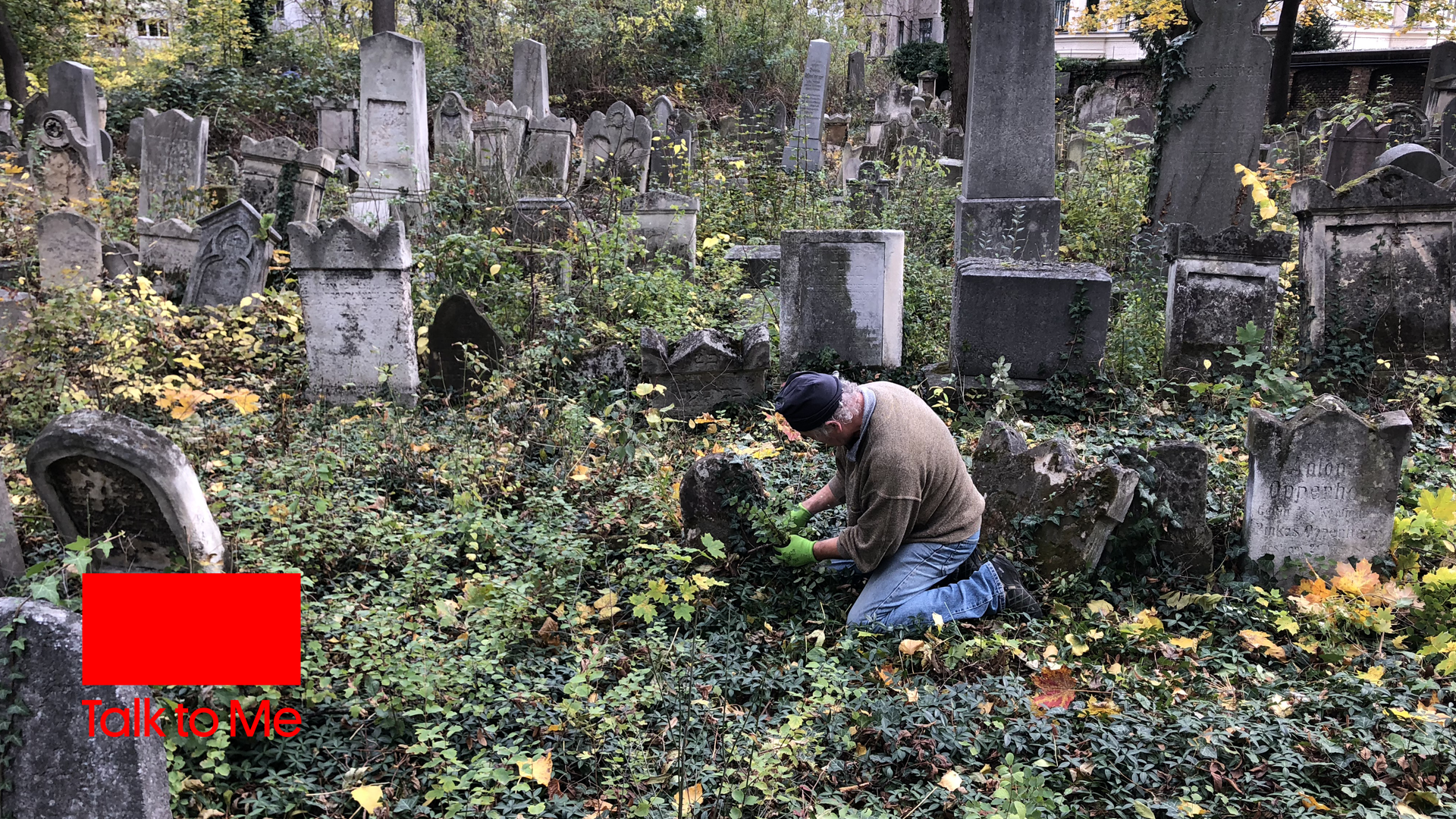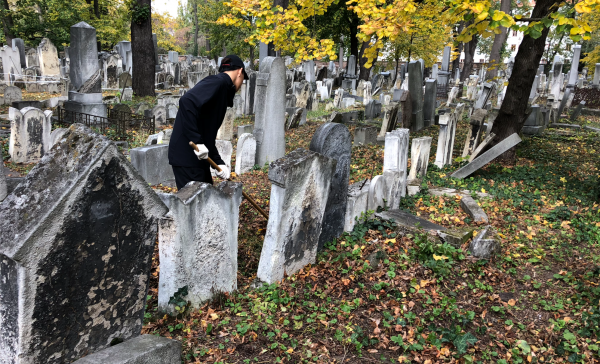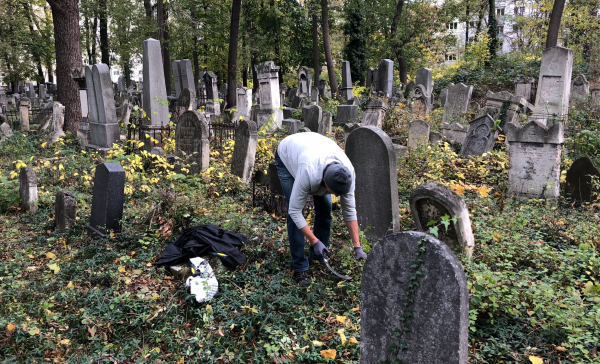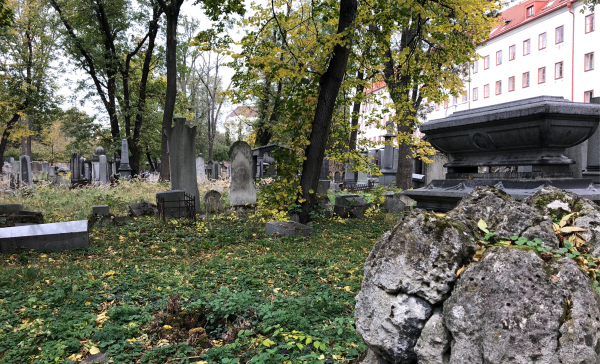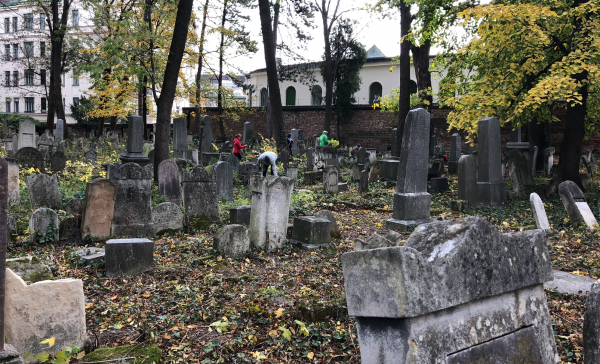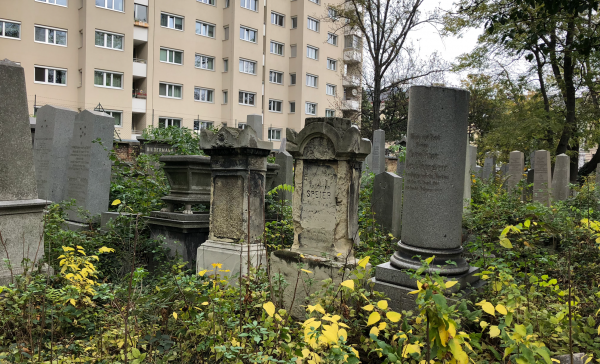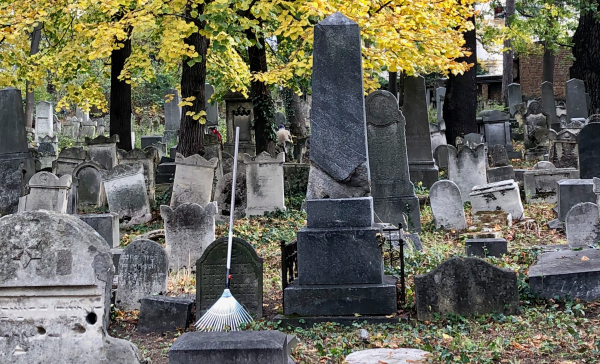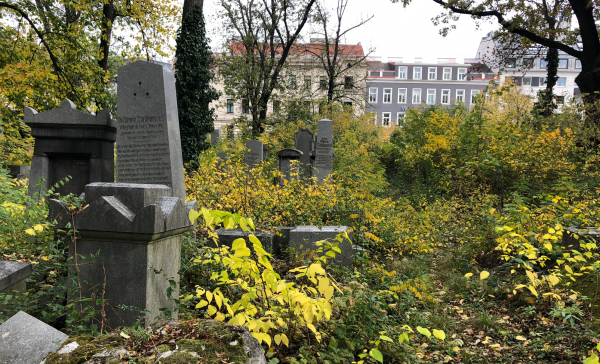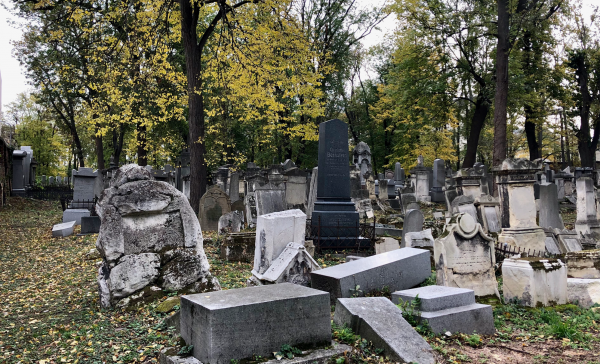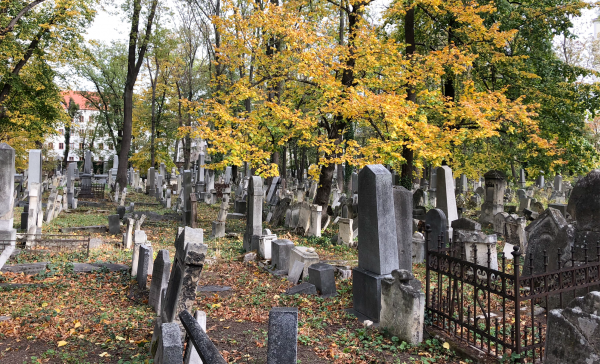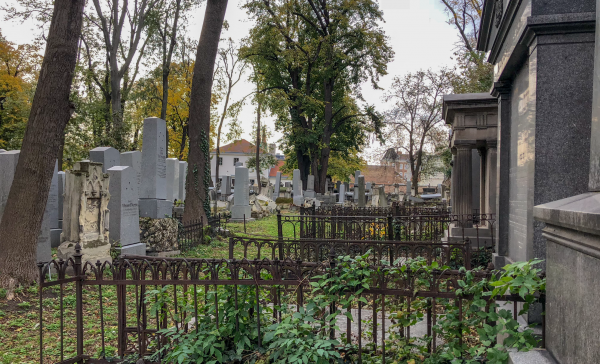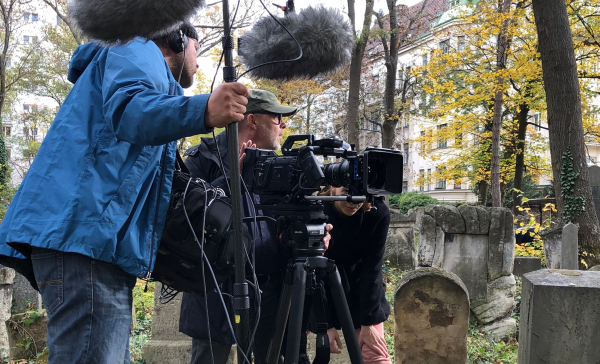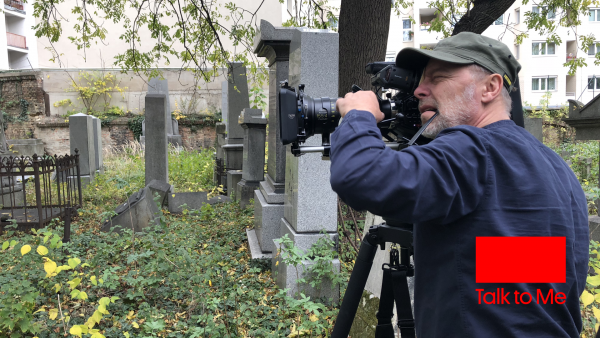In Episode 1 erzählt Herbert Schrott seinem Enkel Sammy seine Geschichte des Überlebens und seiner Verluste während des Holocaust. Das Screening am Nordwestbahnhof, einem Areal, das in den kommenden Jahren entwickelt und verändert wird, hatte viele historische Aspekte. Im Anschluss an die sehr gut besuchte Vorstellung gab eine Filmgespräch mit Regisseur Fabian Eder.
Comments closedCategory: Series
Welturaufführung
Donnerstag, 7. April 2022, 20:15 Metro Kino Wien
Rudi Gelbart (1930-2018) erlebt als junger Mann die Schrecken des im Wien aufkeimenden Naziterrors und wird nach Theresienstadt deportiert. Mit einem der mahnendsten Zeitzeugen spricht die junge Sozialdemokratin Hannah Czernohroszky – ein Dialog, der zu einem Vermächtnis zwischen zwei politisch aktiven Generationen wird und auf besondere Weise eine Brücke in die Zukunft schlägt.
Im Anschluss:
Podiumsgespräch mit Hannah Czernohorsky
Moderation: Bernhard Fellinger
In Anwesenheit von Ingeborg Gelbard und des Regisseurs
METRO KINO KULTURHAUS
Historischer Saal
Johannesgasse 4, 1010 Wien
TICKETRESERVIERUNG
reservierung@filmarchiv.at
+43 1 512 18 03
Aba Lewit was born on June 24th, 1923 in Poland. He survived the concentration camps of Płaszów (Poland) and Mauthausen (Austria). Today is Aba Lewit’s 97th birthday. We all shall thank him for his brave engagement against Neonazism and extreme right policies.
Aba Lewit has no grandchildren. He shared his story on camera with me. It was one of the greatest gifts I received in my life.
Comments closedAt the very last moment, Heinz Krausz is put on a train by his mother which takes him to Trieste, where the father, who has already fled, places him on a ship to Palestine. While his mother is deported to Auschwitz and survives there with the help of an Austrian SS man, Krausz joins the Palmach and actively participates in the founding of Israel. With a letter to Ben-Gurion his mother gets Heinz back to Vienna to help rebuild their lost factory. His grandson Theo understands the importance of the state of Israel for the Jews. Theo is just about to graduate high-school and although he has studied the history of the family he has many questions, though, especially about the ambivalence of his great-grandmother’s survival and the confrontation of his grandfather with anti-Semitism in Austria after the war.
This dialogue appears in the series as well as in the documentary.
Historical focus: founding of Israel, Palmach, Ben-Gurion, Auschwitz, Italy, reconstruction, Jewish Community Vienna
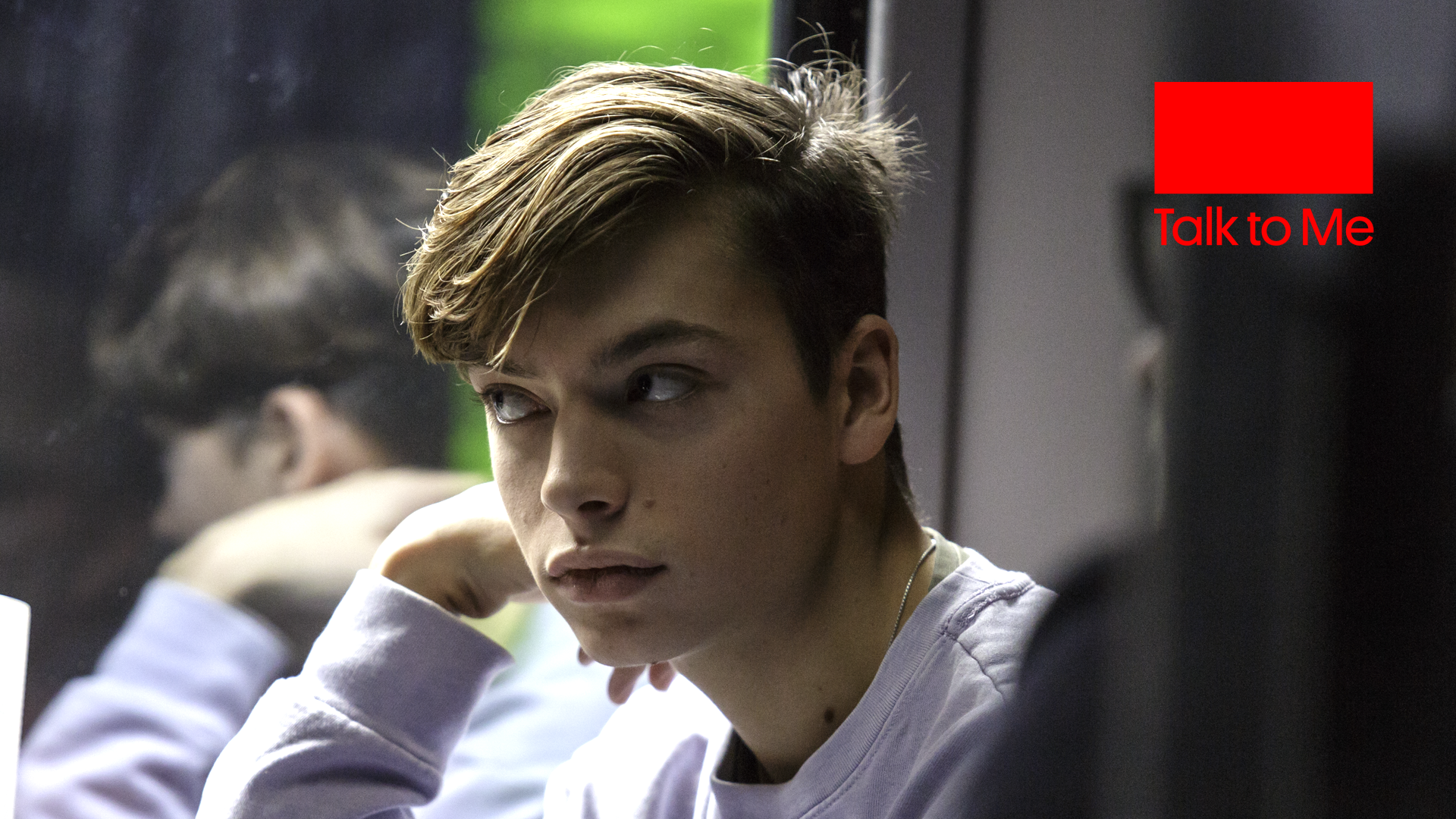
Marko Feingold was born on May 28th 1913 in todays Slovakia, which belonged to the monarchy of Austria-Hungary at that time. He grew up in Vienna’s 2nd district Leopoldsatdt. In 1939 he was first deported to the concentration camp at Auschwitz, than to the concentration camps at Neuengamme, Dachau and Buchenwald.
Marco Feingold died on September 19th, 2019 in Salzburg, at the age of 106 years. Today he would have celebrated his 107th birthday.
Comments closedLucia Heilmann is talking about her grandfather being deported from their shared apartment in Vienna. Soon after, she has to leave school and be on the run together with her mother. A Viennese craftsman succeeds in keeping the two hidden in his workshop and crates, thus protecting them from being deported to a concentration camp. Her grandson attracts attention with his tattoos and hairstyle. As if by a pull, he becomes enthralled by the narrative, and his reactions become more and more immediate and personal.
Some years ago, after Lucia participated in stage appearance of eye witnesses in Vienna, she found a swastika painted on her door and received an antisemitic and neonazistic letter.
The Austrian police told her that they can‘t do anything, because writing a letter is not a crime.
Lucia is a very active contemporary witness. Her story reminds us on how cruel the Nazi regime was and it teaches us, how fragile democracy is.
Comments closedThe very fact that Katya’s granddaughter Vesna has a Creole mother creates its own atmosphere. Katja Sturm-Schnabl comes from a large farming family in Carinthia, which belongs to the Slovenian ethnic group. Through the eyes of a child she experiences the deportation and death of her sister. Her return from the camp is not easy, the Slovenian survivors are not welcome and are being harassed. She talks about her arduous journey into the Austrian society, how she was confronted with racism and hostility at the Academy of Science and how she finally took therapy, which she was only able to start in the 1990s. Vesna leads this conversation very actively, at times she becomes very passionate and seeks the connection to her current life.
Historical focus: Slovenes, Yugoslavia, linguistic minorities. Labor camp, Umvolkung, Carinthia, Gottscheer, return, minority discrimination, until Ortstafelstreit.
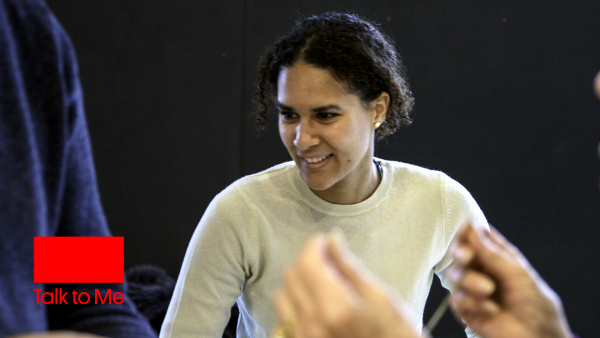
A 12 year old and a 92 year old – the pairing with the biggest age difference. Ms. Reisch comes from a small Czech town near the Waldviertel border and belonged to a German language group. At the end of the war she flees to Salzburg together with her father where she still lives today. Linguistic affiliation shapes their lives and this conversation makes it very clear how hard it may be for the audience to reflect this time towards the end of their lives. The 12 year old is our youngest conversation partner, her direct and unbiased approach to ask questions is almost refreshing, especially how she succeeds in never doubting the love of her great-grandmother.
Historical focus: South Bohemia, Upper Austria, Salzburg, language border, linguistic affiliation, Sudeten Germans, Czech Republic
Comments closedA small group of volunteers regularly takes care of the Jewish Cemetery in Vienna 18th district, Währing. We visited them work on November 1st, 2018.
As you know we filmed a lot of different commemoration events. The mood on this day was unique and touching. For the mostly catholic Austria November 1st is a holiday that refers to the catholic “Allerheiligen”. A day on which many visit the graves of their ancestors.
During all the work I didn’t see any more impressive and intense event of commemoration. All the Austrian families, who are buried here, all Jewish, all killed by Austrians. Most of their relatives were extinguished in the death factories of Auschwitz, Dachau, Mauthausen or one of the other concentration camps. Those don’t even have a grave.
A special thank to our dear friend Niki Kunrath, who organises not only these meetings with passion – but many other commemoration events in Vienna, too.
